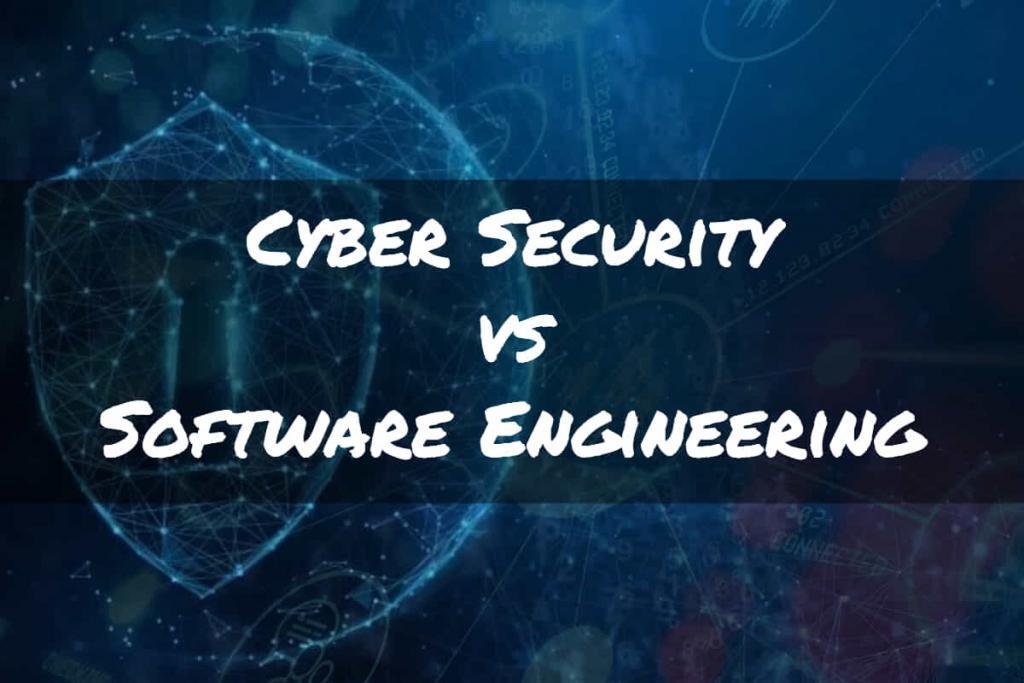Diving into the field of cybersecurity as a beginner can seem daunting, but with the right resources and a structured approach, you can build a solid foundation.
Here’s a guide to help you discover top-notch resources and websites to start your cybersecurity learning journey.
1. Structured Online Courses
Online courses provide a comprehensive learning path, ideal for those new to cybersecurity.
Many courses begin with fundamental concepts, such as identifying various cyber threats like malware, which is malicious software intended to damage or exploit systems.
You’ll also learn essential practices for maintaining password security and the critical importance of regular software updates.
As you advance, the curriculum typically includes more complex subjects like cryptography, which involves securing communications to prevent unauthorized access, and network security protocols to safeguard data transmissions.
Example: Platforms like Coursera and Udemy offer courses from top universities and professionals. The “Introduction to Cyber Security” course by NYU on Coursera starts with basics and gradually covers advanced topics, providing a structured learning path. Additionally, the “Cybersecurity Specialization” by the University of Maryland on Coursera delves deeper into software security, cryptography, and hardware security.
2. Valuable Free Resources
For beginners on a budget, there are numerous free resources available that offer substantial information on cybersecurity.
These include blogs, podcasts, and free online courses covering topics from basic to advanced levels.
Free resources are excellent for building foundational knowledge without financial pressure.
You’ll explore key concepts like firewalls, which are systems designed to monitor and control network traffic based on security rules.
Example: Websites like Cybrary and the Open Security Training platform offer free courses that cover a wide range of cybersecurity topics, from basic to advanced. Additionally, blogs like Krebs on Security provide ongoing insights into current cybersecurity issues. Podcasts such as “Darknet Diaries” and “Security Now” are also valuable for staying informed and learning from real-world cyber incidents.
3. In-Depth Books and eBooks
Books and eBooks are indispensable tools for deepening your understanding of cybersecurity.
These resources provide thorough coverage of various topics and can complement your online learning.
Start with books that outline the history of cyber threats and the development of cybersecurity measures.
As your knowledge grows, you can delve into more technical subjects such as network security and the specific functionalities of different cybersecurity tools.
Example: “Cybersecurity for Beginners” by Raef Meeuwisse is an excellent starting point, covering essential topics in an easy-to-understand format. For more advanced learners, “The Web Application Hacker’s Handbook” by Dafydd Stuttard and Marcus Pinto provides in-depth knowledge on web security. Another key resource is “Security Engineering” by Ross Anderson, which covers a wide range of security topics and provides a solid foundation for understanding complex security issues.
4. Interactive Community Forums
Engaging with community forums is a great way to connect with other cybersecurity enthusiasts and professionals.
These platforms offer a space to ask questions, share insights, and stay informed about the latest industry trends.
Participating in discussions reinforces your cybersecurity learning initiatives and provides practical knowledge that formal education might not cover.
The cybersecurity community is generally very supportive and can offer valuable guidance to newcomers.
Example: Websites like Reddit’s r/cybersecurity and Stack Exchange’s Information Security community are excellent places to ask questions and share knowledge. Engaging in these forums can help you gain diverse perspectives and practical advice from experienced professionals. Another valuable community is the SANS Internet Storm Center, which provides a daily diary of cybersecurity news and trends.
5. Essential Hands-On Practice
Practical experience is critical in learning cybersecurity.
Seek out websites that provide virtual labs or simulations where you can apply your knowledge in a controlled environment.
These hands-on exercises help you understand how to implement security measures and respond to cyber incidents.
By practicing, you’ll gain confidence in your skills and be better prepared to tackle real-world cybersecurity challenges.
Example: Platforms like TryHackMe and Hack The Box offer interactive labs and challenges that simulate real-world cybersecurity scenarios. These platforms are invaluable for gaining hands-on experience and testing your skills in a safe environment. Additionally, Cyber Skyline offers capture-the-flag (CTF) competitions that provide practical problem-solving experiences.
6. Staying Current with Trends
Learning cybersecurity is never-ending, so keeping up with the latest trends and threats is vital.
Follow reputable cybersecurity news sources to stay updated on new developments.
This continuous learning not only enhances your knowledge but also keeps you aware of the dynamic nature of cyber threats.
Being informed about current events in cybersecurity will enable you to apply this knowledge to your studies and future career.
Example: Websites like Dark Reading and Threatpost provide up-to-date news on cybersecurity trends and threats. Subscribing to newsletters from these sources can keep you informed about the latest developments in the field. Additionally, following cybersecurity influencers on Twitter, such as @briankrebs and @GossiTheDog, can provide timely insights and updates.
7. Interactive Webinars and Workshops
Participating in webinars and workshops can provide you with up-to-date information and practical insights from experts in the field.
These interactive sessions allow you to ask questions and engage with professionals, which can enhance your understanding of complex topics.
Look for webinars hosted by well-known cybersecurity organizations and professionals to gain the most benefit.
Example: Organizations like SANS Institute and ISACA frequently host webinars and workshops on various cybersecurity topics. Attending these sessions can provide you with valuable insights and the opportunity to interact with industry experts. Another excellent resource is the RSA Conference, which offers numerous sessions and workshops on cutting-edge cybersecurity issues.
8. Certification Programs
Consider enrolling in certification programs as you advance in your cybersecurity learning.
Certifications like CompTIA Security+, CISSP, and CEH are highly regarded in the industry and can significantly boost your credibility.
These programs provide structured learning and validation of your skills, making you a more competitive candidate for cybersecurity roles.
Example: CompTIA Security+ is an excellent certification for beginners, covering essential cybersecurity principles and practices. For more advanced learners, CISSP and CEH provide deeper knowledge and are widely recognized in the industry. Additionally, the Certified Information Security Manager (CISM) and Certified Information Systems Auditor (CISA) certifications are valuable for those looking to specialize in information security management and auditing.
When you’re ready, search for cybersecurity jobs on MyTurn!
Conclusion
Embarking on a cybersecurity learning journey requires a blend of structured education, hands-on practice, and continuous engagement with the latest industry trends.
By leveraging online courses, free resources, books, community forums, practical exercises, and staying informed, you can build a robust foundation in cybersecurity.
Interactive webinars, workshops, and certification programs further enhance your knowledge and skills, preparing you for a successful career in this dynamic field.
Interested in More?
19 of The Best Free Cyber Security Courses!
Top 16 Ways to Make Money in Cyber Security!
Mastering Your Cybersecurity Interview: Avoiding Common Pitfalls
How to Start a Career in Cyber Security After 12th?



